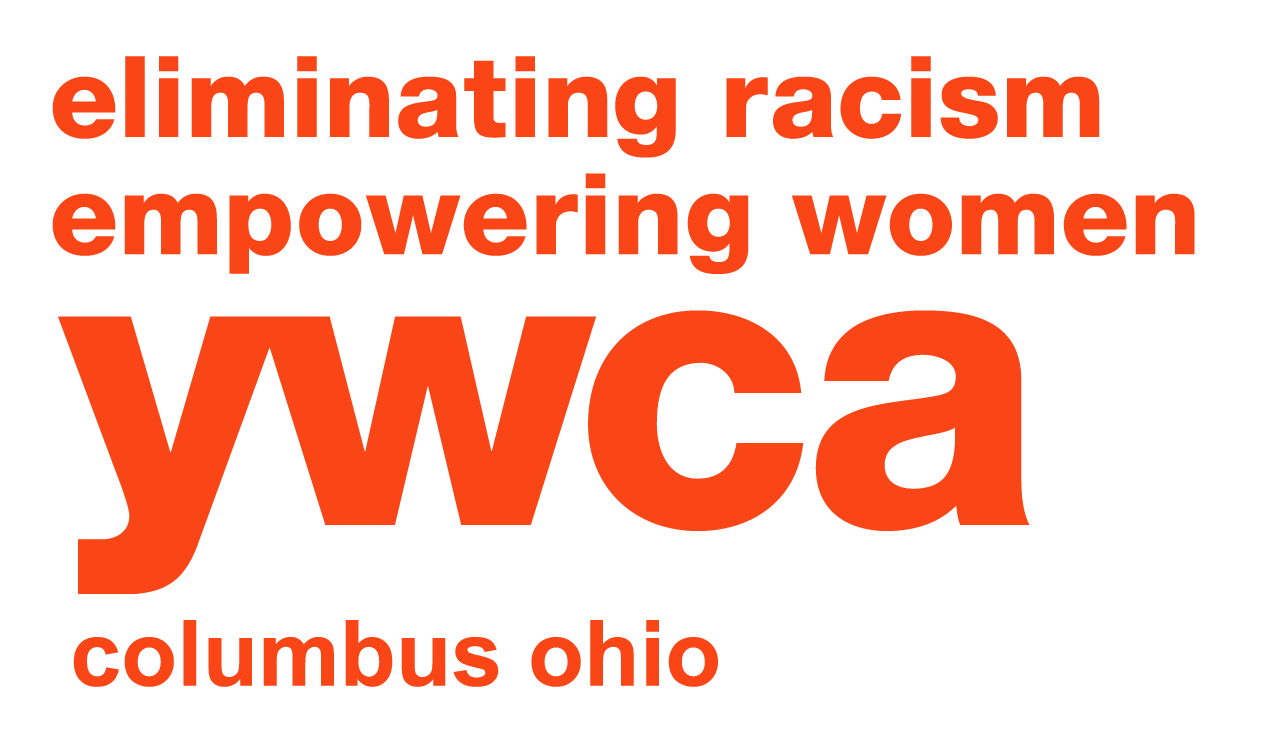Advocacy
Central Ohio’s Housing Crisis at a Glance
As both service provider and advocate, YWCA Columbus fights for a community where all women and families have access to safe, stable housing. Yet in rapidly growing Central Ohio, housing affordability is a major challenge, particularly for communities of color historically marginalized or redlined. In 2025, overall homelessness in Franklin County rose by more than 7%, outpacing population growth six times over. Without a change, unsheltered homelessness is predicted to surge by 68% by 2028, per the Community Shelter Board’s 2025 Point-in-Time Count Report. Pressures on the housing system amplify affordability issues for most Central Ohioans, but for those whose incomes are lowest, these pressures result in being priced out entirely. As more people need homelessness services, funding for the emergency shelter system they rely on has struggled to keep up. Today, local emergency shelter providers are confronting a $25 million funding gap. Without a permanent solution to stabilize our emergency shelter system, many organizations will not be able to operate. Our community will experience more people, including children, visibly unsheltered. More people will get trapped in homelessness, and more victims of intimate partner violence will lose their lives.
A Conversation on the Future of Emergency Shelter
Join Elizabeth Brown, President & CEO of YWCA Columbus, and Tamara Howard, Director of Advocacy, for an in-depth discussion on the critical challenges facing our community as emergency shelter funding across Central Ohio faces steep cuts in 2025. This conversation will break down what these funding losses mean for families experiencing homelessness and how the ripple effects could impact the broader community. With clarity and urgency, we will explore what’s at stake—and how we can come together to advocate for a sustainable solution that ensures emergency shelters remain a lifeline for those in crisis.
Elizabeth C. Brown
President & CEO, YWCA Columbus
Elizabeth C. Brown became president and CEO of YWCA Columbus in January 2023. Previously, she served seven years as President Pro Tempore on Columbus City Council, fighting for broad-based economic prosperity, gender equity, and racial justice. She also was the executive director of the Ohio Women’s Public Policy Network, a statewide collective impact project to improve women's economic security through public policy.
During her years on council, she spearheaded laws to protect reproductive healthcare, provide paid family leave, connect pregnant women with housing and medical care, defend residents against threats of deportation, support low-income families through COVID disruptions, erase medical debt, and increase access to early childhood education opportunities.
She also commissioned an overhaul of tax incentive policies which resulted in the city’s first affordable housing and living-wage requirements. She has additional prior professional experience in economic development, nonprofit service, and state government.
Originally born in the Berwick neighborhood of Columbus, Elizabeth was raised in Granville, Ohio, and is a proud public school graduate and a magna cum laude graduate of Columbia University. She and her husband Patrick Katzenmeyer live in Columbus, along with their three children Carolyn, Russell, and Maribell.
Tamara Howard
Tamara, Director of Advocacy at YWCA Columbus, champions equity and justice, driving change in racial and gender equality, housing, and education. She forges impactful collaborations, advocates for marginalized communities, and navigates policy to advance progress. A proud Spelman College alum, she values community and meaningful connections.
Director of Advocacy, YWCA Columbus
A Community in Crisis: Voices from the Front Lines
In this powerful and timely video, hear directly from the residents and dedicated staff of the YWCA Family Center as they share personal stories and firsthand experiences from the front lines of the homelessness crisis in Central Ohio. As emergency shelters like ours face severe funding cuts, their insights shed light on the urgent need for a sustainable, long-term solution to protect families experiencing housing instability. This video will provide an opportunity to better understand the challenges ahead and how, together, we can help keep shelter doors open for those who need them most.





